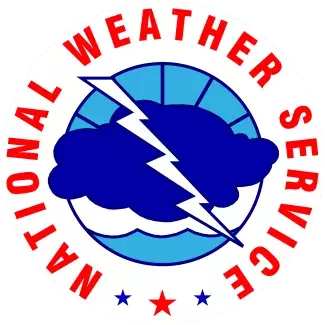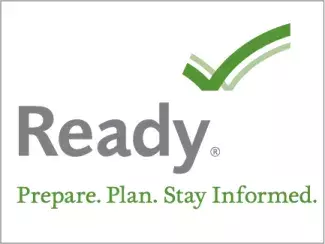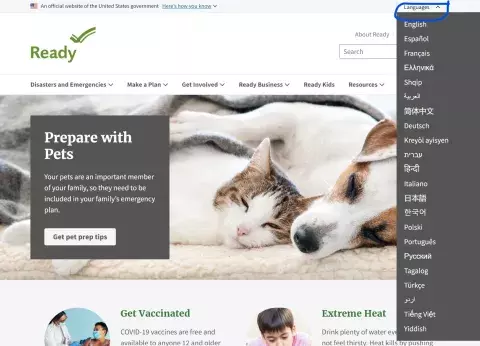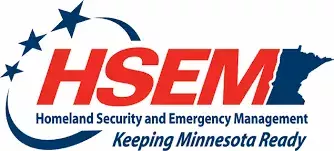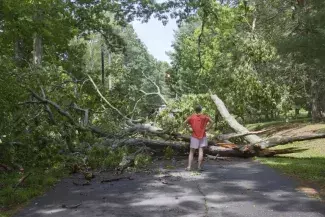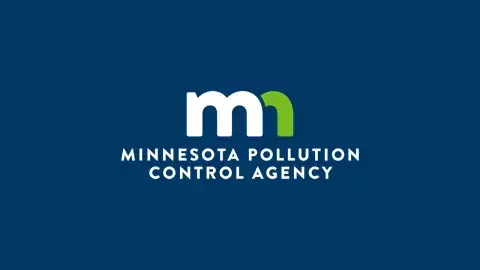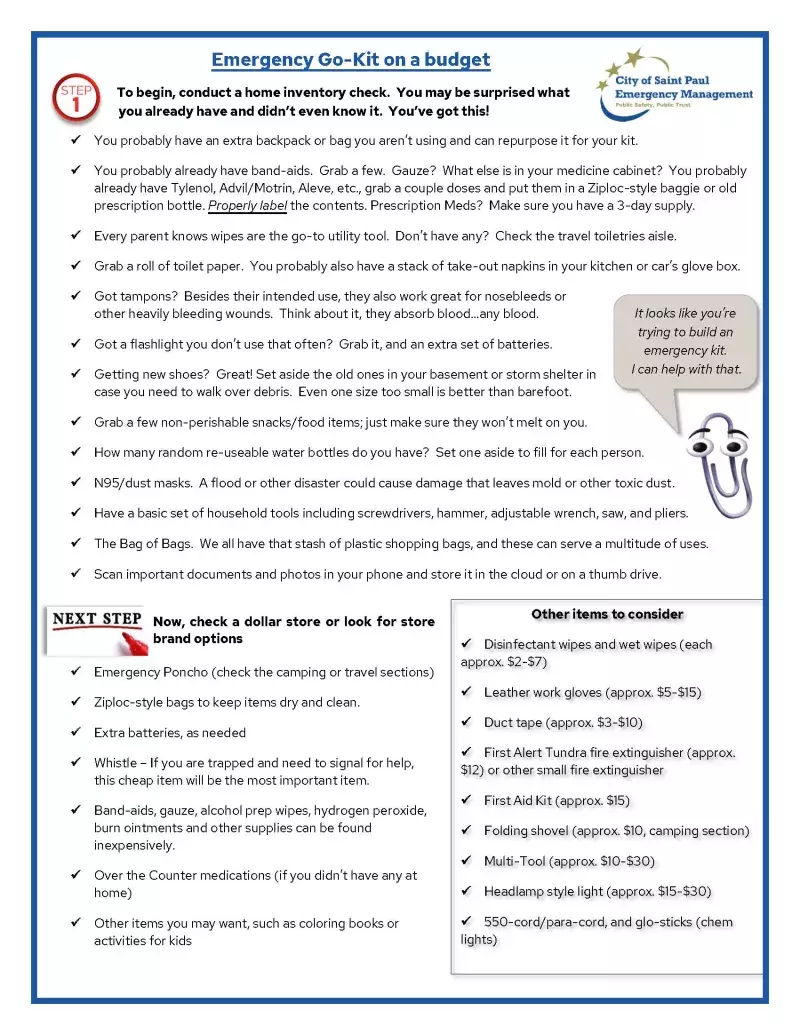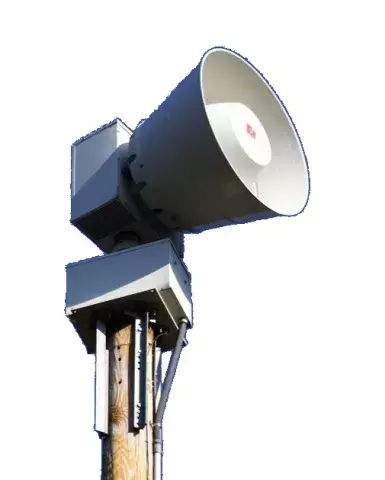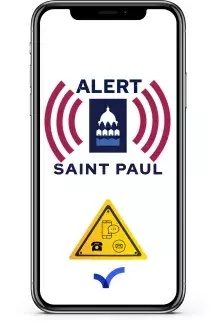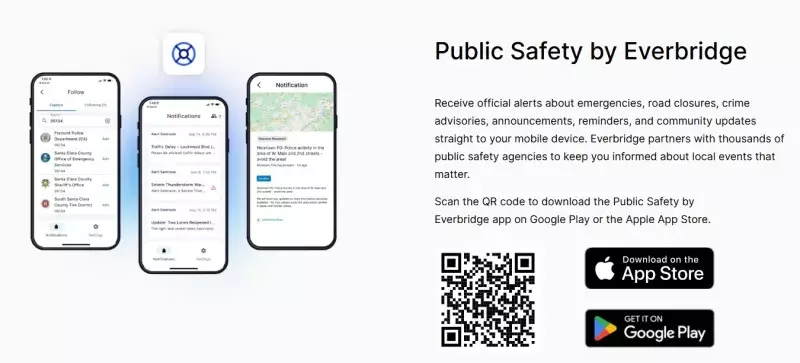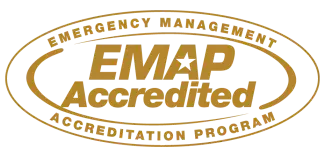WHAT WE DO -- WHAT IS EMERGENCY MANAGEMENT?
The mission of Emergency Management is to build, sustain and improve our community’s capability to mitigate against, prepare for, respond to and recover from threatened or actual disasters, whether natural or man-made and acts of terrorism. We accomplish this by working with our partner agencies and organizations.
The City’s emergency readiness planning efforts focus on all hazards: weather-related disasters, terrorism, and disease outbreaks. Emergency preparedness requires strong partnerships with other local, state and federal agencies. While these partnerships are essential to ensuring that we have the resources we need to handle such an emergency, it is important to realize that all of us play a part in being prepared and vigilant.
Prepare yourself and family for when disaster strikes. Have emergency kits for both your home and vehicle, emergency contact information, emergency plans such as fire escape routes or what to do for a tornado, know at least 2 ways out of your neighborhood, work location, and other frequently visited places. Save important documents in a portable media device with redundancies. You can also store documents, photos, video tours of your house highlighting your possessions, pictures of serial numbers, and other important items in a secure "cloud" storage service, many of which are low to no cost.
More information can be found at www.Ready.gov
